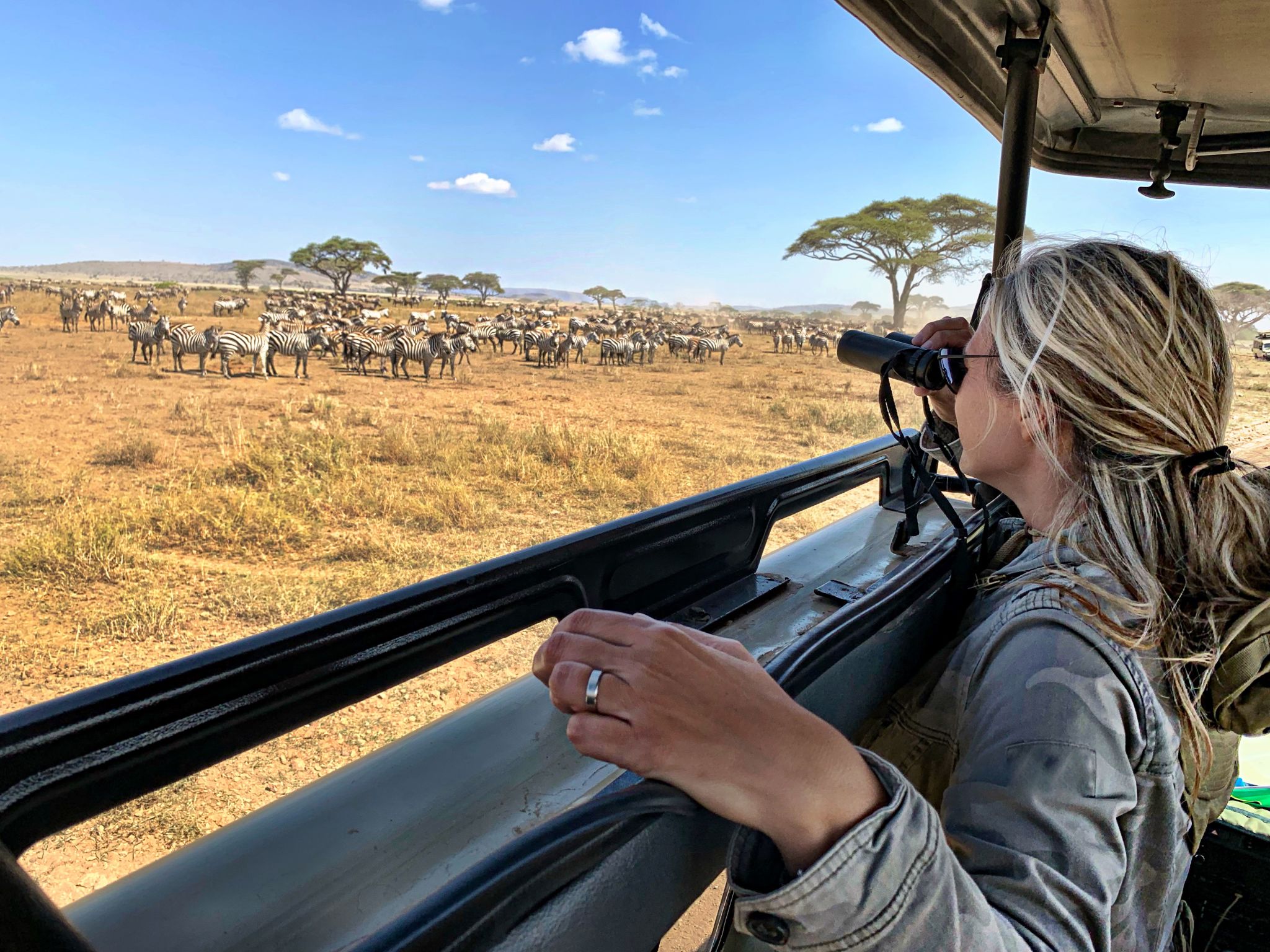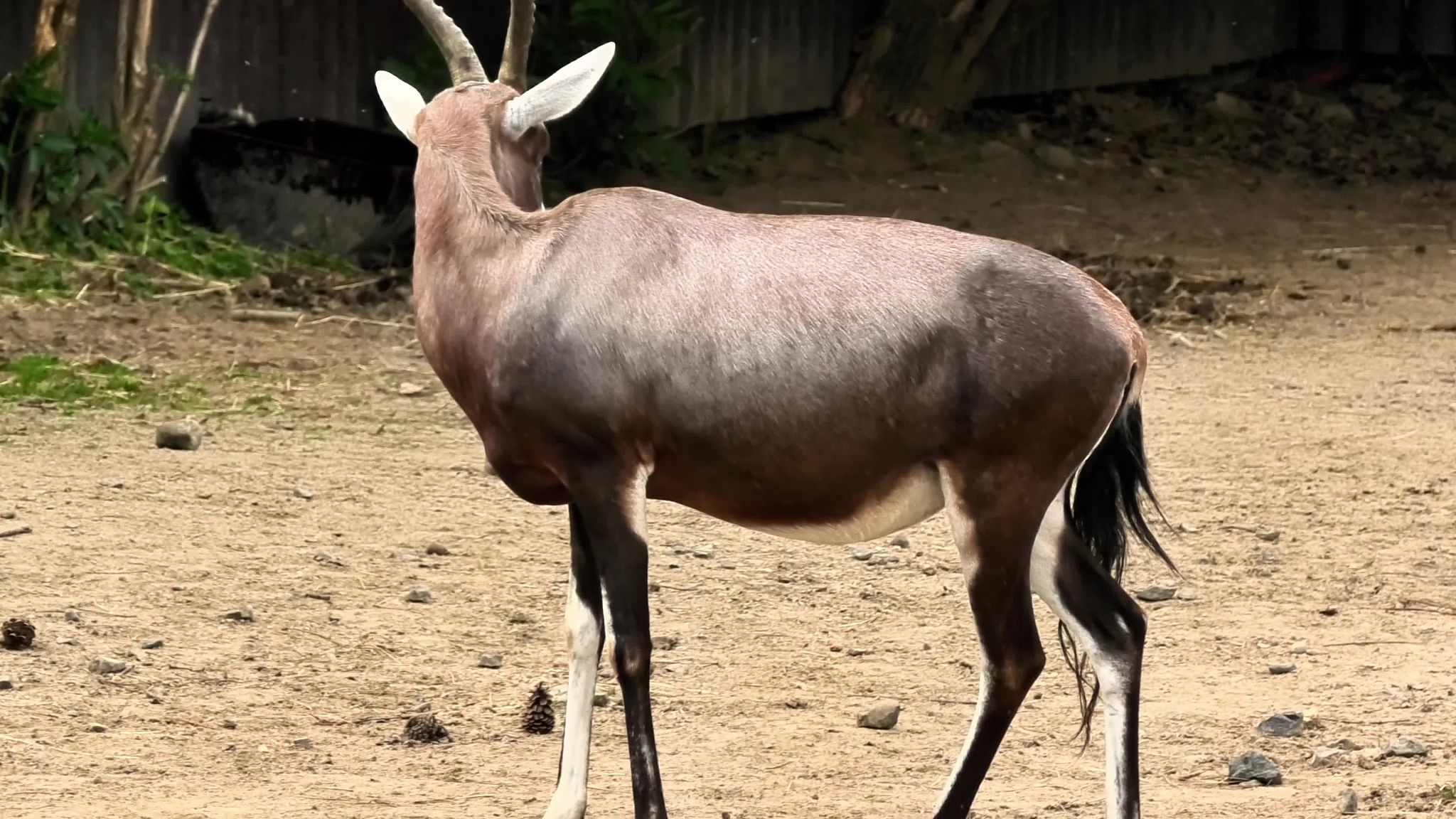Discovering Africa from Afar: How Virtual Safaris Are Revolutionizing Wildlife Experiences
Embracing the Digital Safari
In recent years, the way we explore and appreciate the wonders of the natural world has undergone a significant transformation. One of the most exciting developments in this realm is the advent of virtual safaris. These digital excursions offer wildlife enthusiasts the opportunity to experience the breathtaking beauty and diverse ecosystems of Africa from the comfort of their own homes.
Virtual safaris are made possible through a combination of live-streaming technology, high-definition cameras, and expert commentary. This innovation allows viewers to witness the majesty of Africa's wildlife in real-time, providing an immersive experience that rivals traditional safari adventures.

The Benefits of Virtual Safaris
Accessibility for All
One of the most significant advantages of virtual safaris is their ability to make wildlife experiences accessible to a broader audience. Traditional safaris can be costly, time-consuming, and physically demanding. In contrast, virtual safaris eliminate these barriers, allowing anyone with an internet connection to partake in the journey.
Sustainable Exploration
Virtual safaris also promote sustainable tourism by reducing the environmental impact associated with conventional travel. By minimizing the need for physical presence, virtual safaris help preserve fragile ecosystems and reduce carbon footprints, contributing to the conservation of Africa’s natural heritage.

A Closer Look at African Wildlife
Unparalleled Wildlife Encounters
Through virtual safaris, viewers can observe a wide array of African wildlife in their natural habitats. From the majestic lions of the Serengeti to the playful elephants in Botswana, these experiences offer a window into the daily lives of animals that many have only seen in documentaries.
With expert guides leading these virtual tours, participants gain insightful knowledge about animal behavior, conservation efforts, and the challenges facing wildlife in Africa. This educational aspect enriches the experience, making it more than just a visual spectacle.

The Future of Wildlife Tourism
Expanding Opportunities
The popularity of virtual safaris is paving the way for new opportunities in wildlife tourism. As technology continues to advance, we can expect even more immersive experiences, such as virtual reality (VR) safaris that offer a 360-degree view of African landscapes.
Engaging a Global Audience
By reaching a global audience, virtual safaris inspire a greater appreciation for wildlife conservation. This widespread engagement is crucial for galvanizing support and raising awareness about the importance of protecting Africa's unique biodiversity.
In conclusion, virtual safaris are revolutionizing how we connect with Africa's wildlife. They offer an accessible, sustainable, and enriching alternative to traditional safaris, ensuring that people worldwide can discover and cherish the continent's natural wonders from afar.

